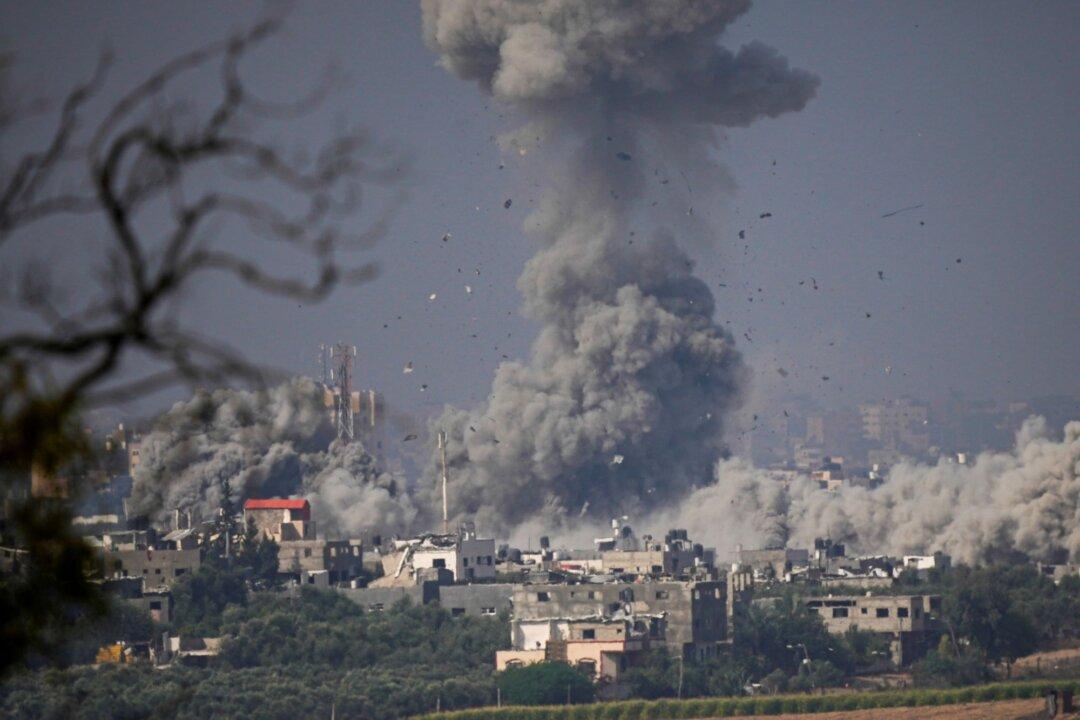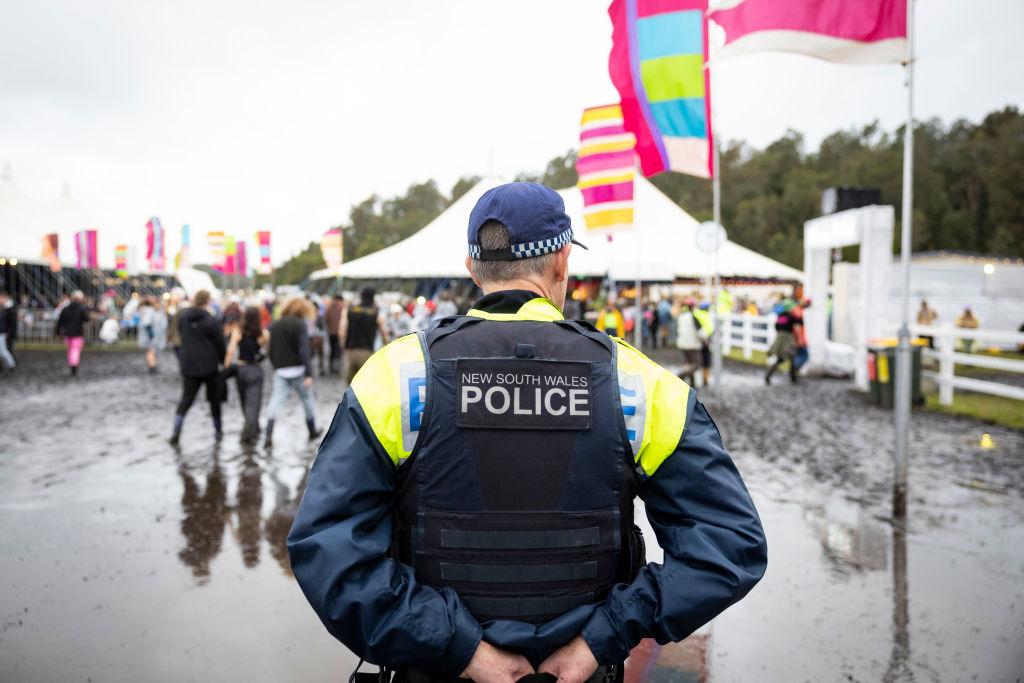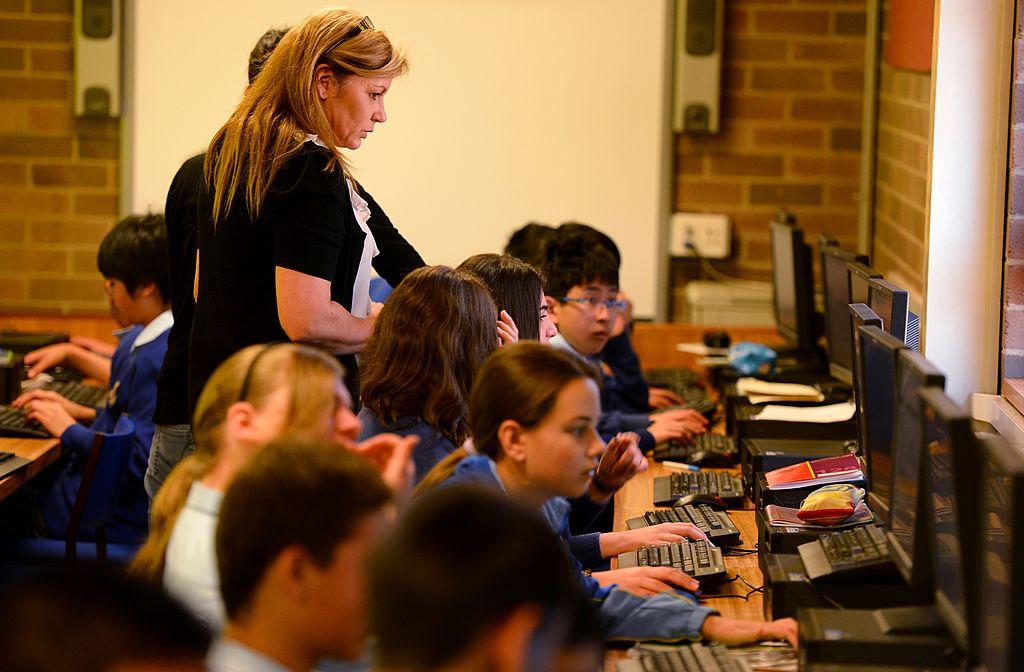The federal government has deployed additional Australian Defence Force (ADF) personnel and two aircraft to the Middle East as the conflict in Gaza continued on Oct. 25.
ADF personnel deployed from Townsville and Brisbane, while two Royal Australian Air Force C-130J aircraft deployed from Sydney as part of the government’s response to the Hamas-Israel conflict.





